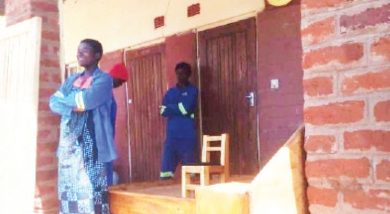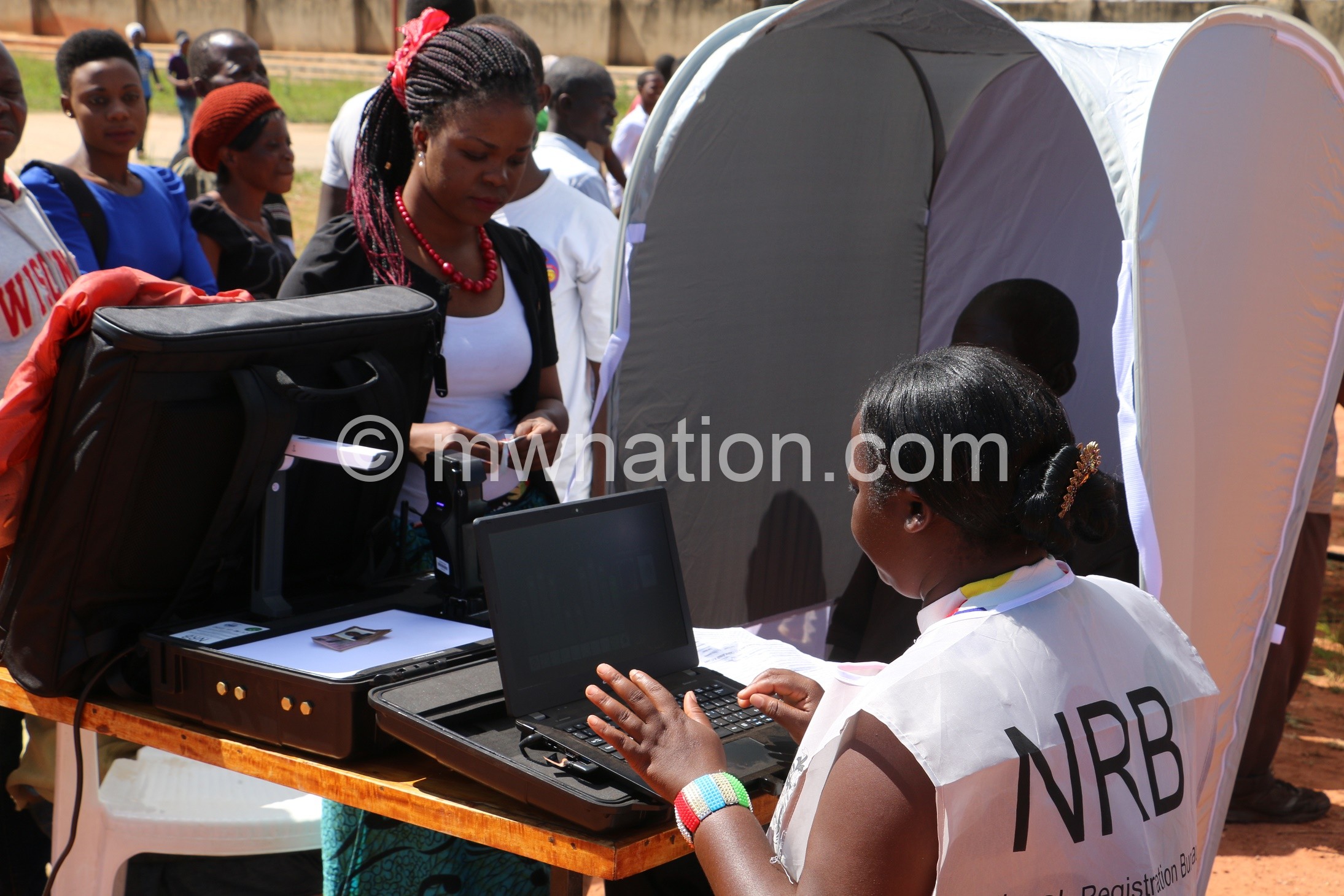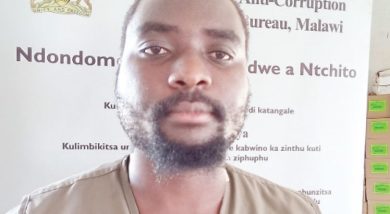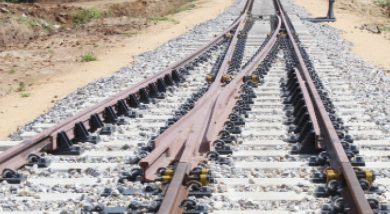Elections budget k7.5bn short
The Malawi Electoral Commission (MEC) says it has a deficit of about K7.5 billion after government committed to provide about 85 percent of the budget for the 2019 Tripartite Elections.
MEC chairperson Jane Ansah said yesterday the commission budgeted for K55 billion for the exercise but to date, government has only released K16 billion.
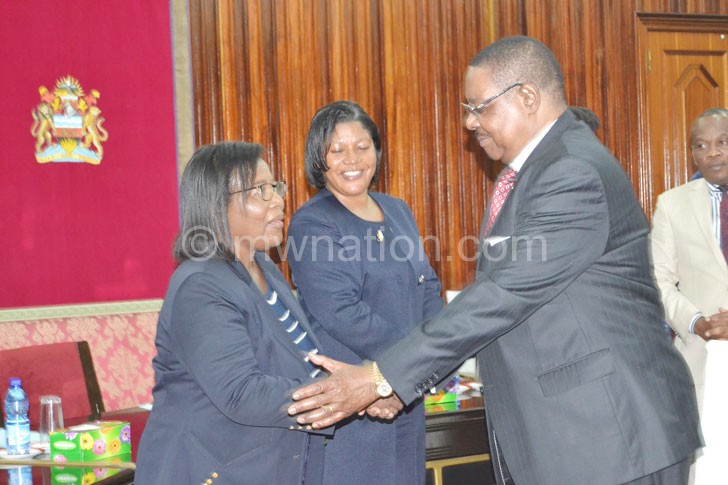
In addition, Minister of Finance, Economic Planning and Development Goodall Gondwe announced in his budget statement last Friday that government had allocated K31.5 billion to the elections for the 2018/19 financial year to start on July 1.
“Our total elections budget is K55 billion. That is what was presented to government; and what we have received is adding up to 85 percent of the total budget but we are still discussing with government on the deficit,” said Ansah.
The MEC chairperson was speaking in an interview at Sanjika Palace in Blantyre soon after demonstrating to President Peter Mutharika the biometric voter registration system using the national identity card (ID).
Ansah, who is a judge of the Malawi Supreme Court of Appeal, said she hoped that development partners, who have been providing 40 percent of the funding in previous elections, would provide the estimated 15 percent shortfall.
However, the commission’s position contradicts what both Mutharika and Gondwe have told the nation that, the country will, for the first time, hold its elections without donor support.
“Mr. Speaker Sir, the elections budget is estimated at K31.5 billion to cover voter registration and verification, education and outreach, election materials, vehicles and polling services.
“This represents the total budget for the general elections that MEC will require for the tripartite elections. Thus, this time Malawi will pay for its election without donor support,” said Gondwe in Parliament last Friday when he presented the fifth and final budget of the Democratic Progressive Party (DPP) administration pegged at K1.5 trillion.
The same was repeated yesterday at Sanjika Palace by the President when he said the country will conduct its elections without support from development partners.
“What the President said is his desire for government to fund the whole exercise… As you heard, the President has said the elections are the responsibility of the nation and that government will endeavour if we do not get funding for the 15 percent difference to fund the whole 100 percent,” said Ansah.
Development partners have been supporting specific aspects of the electoral process in the country through a basket fund which is managed by the United Nations Development Programme (UNDP).
The basket fund has been receiving contributions from UNDP itself, European Union (EU) countries and other organisations.
But in an interview on Monday, United Nations resident coordinator and representative Maria Jose Torres said the fund has so far received contributions from UNDP, the EU and Ireland.
She said UNDP was expecting further contributions from other development partners in the coming weeks with firm pledges having been made by the United States Agency for International Development (USAid), the United Kingdom’s Department for International Development (DfID) and the Royal Norwegian Embassy.
She said the amount available in the basket is less than in the last elections, which was usual in most countries as a “greater government share demonstrates the increasing national ownership of this sovereign process.”
The UN head in the country also said it was important to note that MEC’s overall budget for the elections were an internal matter and as such they shall see the final national budgetary allocations when the mid-year budget is finally agreed by Parliament.
But speaking at Sanjika when he met MEC commissioners, Mutharika asked the commissioners to be prudent in the manner in which they manage the funds ahead of the elections.
The President also asked the commission to ensure that other forms of voter identification such as passports are used instead of the national identity cards (IDs) as many Malawians were yet to get their IDs.


